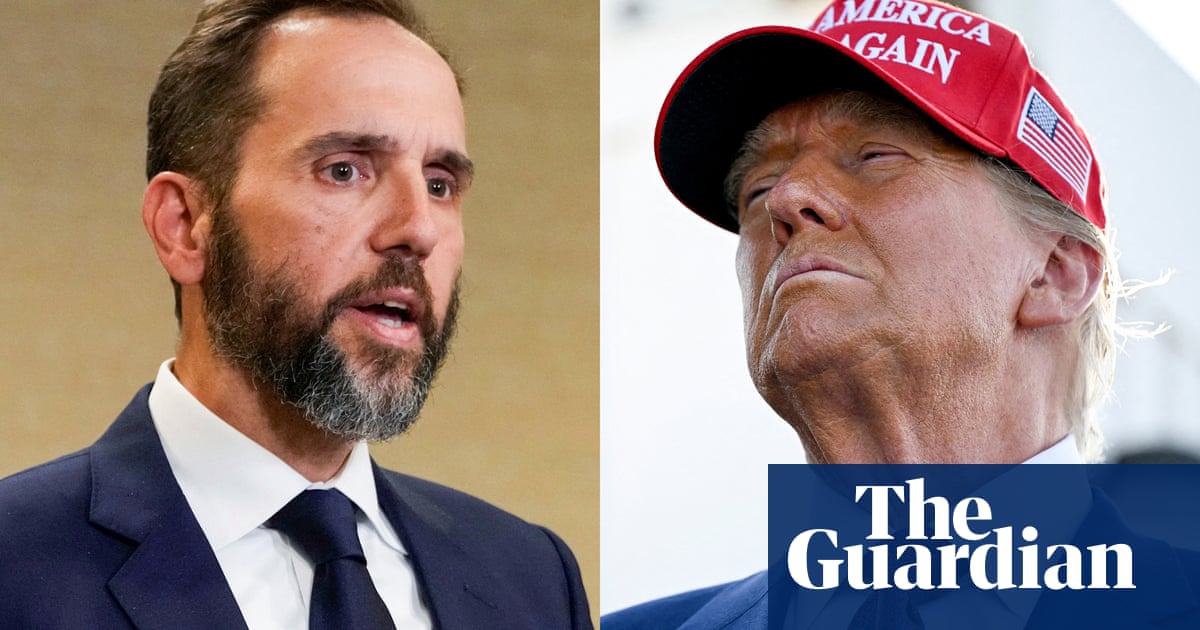As part of a last-minute effort to safeguard his environmental legacy — and stop his successor, President-elect Donald Trump, from reversing course — President Biden announced a permanent ban Monday on new offshore oil and gas drilling across more than 625 million acres of U.S. coastal waters.
“My decision reflects what coastal communities, businesses and beachgoers have known for a long time: that drilling off these coasts could cause irreversible damage to places we hold dear and is unnecessary to meet our nation’s energy needs,” Biden said in a statement.
How will the outgoing president’s sweeping new order affect the average American? And can’t Trump just undo it? Here’s what you need to know.
Did Biden ban all offshore oil and gas drilling?
No. The president’s measure only outlaws new drilling; existing rigs are unaffected. It also has some important geographic limitations. While Biden has blocked new drilling in most U.S. waters — the entire Eastern Seaboard, the whole Pacific Coast, Alaska’s Northern Bering Sea and the eastern Gulf of Mexico, near Florida — he has not prohibited future extraction in the central and western Gulf, near Louisiana and Texas.
Why? Because that’s where nearly 97% of America’s offshore gas production and a full 15% of its oil come from. In other words, Biden’s ban will still allow energy companies to expand offshore drilling where most of the oil is — and continue their current drilling everywhere else.
So this won’t change much?
Not really. The truth is, the U.S. hasn’t been drilling much, if at all, in the areas where Biden has prohibited new oil and gas exploration. In 1969, there was an enormous oil spill near Santa Barbara, Calif.; drilling off the California coast has been nearly nonexistent since then. During his 2020 reelection campaign, Trump himself imposed a 10-year moratorium on drilling along the eastern seaboard from North Carolina to Florida (because that’s what voters in those states wanted). Drilling in the eastern Gulf has been subject to similar limitations since 2006. And only a single Arctic facility is currently operational.
Despite that, the U.S. is currently producing more oil than any nation at any time in history. It is also the world’s largest producer of gas.
Why bother to ban new drilling then?
According to Biden, the environmental dangers of new offshore oil and gas drilling — and the knock-on effects for the fishing, recreation and tourism industries — outweigh the potential energy benefits.
In Monday’s statement, the president cited the 2010 Deepwater Horizon disaster — in which a drilling rig in the Gulf of Mexico exploded, killing 11 workers and causing the largest oil spill in U.S. history — as a “solemn reminder of the costs and risks of offshore drilling to the health and resilience of our coasts and fisheries.”
Separately, an administration fact sheet cited “nearly 400 municipalities and over 2,300 elected local, state, Tribal, and federal officials across the Atlantic, Pacific, and Gulf coasts” that “have formally opposed the expansion of offshore drilling in these areas in view of its severe environmental, health, and economic threats,” framing the issue as a rare area of bipartisan agreement — at least in the states that would be directly affected.
“Nearly every Governor along the East and West Coasts — Republicans and Democrats alike — has expressed concerns about expanded oil and gas drilling off their coastlines,” the fact sheet continued.
But there’s a political angle here as well. For one thing, Monday’s ban now makes it possible for Biden to claim that he has “conserved more than 670 million acres of America’s lands and waters, more than any other president in history.” And it is a preemptive blow against Trump, who has made “Drill, baby, drill” his mantra and vowed to “be a dictator on day one” in order to issue executive orders on energy.
“We’re drilling, drilling, drilling,” Trump added.
What about Trump? Can’t he just reverse Biden’s ban?
Maybe. To ban new offshore drilling, Biden is citing the legal authority given to him by an obscure provision of the Outer Continental Shelf Lands Act of 1953. But according to the New York Times, section 12(a) of that law “does not include language that would allow any president to revoke a ban.”
During his first term, Trump tried and failed to undo President Barack Obama’s earlier prohibition on offshore drilling in Alaskan waters. At the time, the courts ruled that Congress would have to repeal Obama’s ban.
Which isn’t to say Trump won’t try. While Biden views his offshore drilling ban as a way to hasten the United States’ “transitio[n] to a clean energy economy,” his successor wants to maximize U.S. oil and gas production to achieve global “energy dominance” and lower prices for consumers.
“I will unban it immediately,” Trump told conservative radio host Hugh Hewitt on Monday. The U.S. has “oil and gas at a level that nobody else has, and we’re gonna take advantage of it. It’s really our greatest economic asset.”

 German (DE)
German (DE)  English (US)
English (US)  Spanish (ES)
Spanish (ES)  French (FR)
French (FR)  Hindi (IN)
Hindi (IN)  Italian (IT)
Italian (IT)  Russian (RU)
Russian (RU) 























Comments